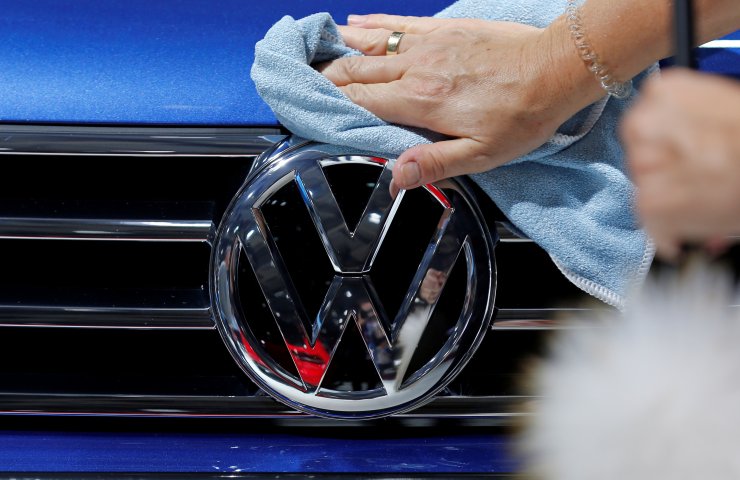The largest German carmaker decided to cut its staff in Germany by at least 5000 people, writes Handelsblatt on Sunday citing corporate sources .
Volkswagen currently has an active core workforce of around 107,000 in Germany (excluding interns and students).
Employees will be laid off under the accelerated retirement program and as part of voluntary layoffs with compensation.
At the Wolfsburg plant, the car company expects nearly 3,000 Volkswagen employees born in 1964 to take advantage of the new retirement offer this year.
"Volkswagen expects more than € 300 million to be spent on pensions and wage subsidies," Handelsblatt is quoted as saying as a manager of the automotive group.
This year Volkswagen wants to save money not only through additional job cuts. To reduce costs, the hiring moratorium, which previously only existed in the first quarter, will be extended for the entire year.
In addition, Volkswagen wants to test a new reduction tool this year: vacancies that have not been filled for a long time should be permanently removed from the talent plan and thus provide long-term savings. There are about 5000 such vacancies in the concern today.
In order to fill critical vacancies for the group with new specialists, this year the budget for employee training will be increased by 40 million euros.
Investors continue to question whether Volkswagen's drive for savings is actually being implemented properly. Since 2017, the Wolfsburg-based group has launched two major austerity programs (the Future Pact and the Digital Transformation Roadmap).
In Germany, this has already led to the reduction of 27,000 jobs.
“But nothing has happened since then,” said Arndt Ellinghorst, an automotive analyst at US investment firm Bernstein. The ratio of personnel costs for the entire group remains unchanged and amounts to 17% of sales.
Volkswagen has not yet commented on specific amounts to be saved in the group with the new fixed cost program. Ellinghorst estimates that total fixed costs are around 80 billion euros, of which the company needs to save four billion over three years.




